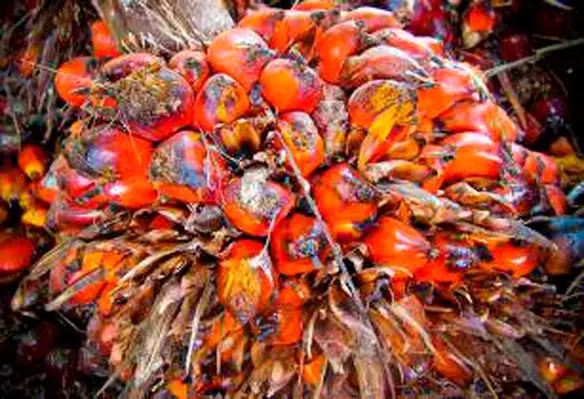Malaysia and Indonesia have signed a charter to set up the Council of Palm Oil Producing Countries (CPOPC) to improve the welfare of palm oil smallholders
On the sidelines of the 27th ASEAN summit, Malaysian plantation industries and commodities minister Datuk Douglas Uggah Embas and Indonesian coordinating minister for maritime affairs Rizal Ramli signed the charter.
The two nations are expected to contribute US$5mn each to finance initial operations of the council, which will address a host of issues such as deforestation and bush fires to make the initiative as environment-friendly as possible. The livelihoods of more than four million palm oil smallholders in Indonesia and 500,000 in Malaysia are expected to improve through the CPOPC. Trade competitiveness and stock management of palm oil will be handled by the organisation.
The CPOPC membership will be extended to other palm oil producing nations such as Thailand, Philippines, Ghana, Colombia and Brazil.
The Framework of Principles for Sustainable Palm Oil, called e+POP, was also unveiled. Containing nine principles on regulations on sustainable palm oil development, e+POP will be benchmarked against other international standards, said Douglas.
Malaysia and Indonesia are the top producers of palm oil, with a combined share of 85 per cent. The main reason behind setting up a palm oil council was to overcome price instability and unsustainable farming practices.




